|
For the families and children living on Cambodia’s largest lake, the Tonle Sap, their houses and their schools actually float on the lake! But none of these floating houses and schools have toilets, meaning that waste goes straight into the same water that the children and their families use to bathe, wash, cook, swim and drink. There is also little awareness in these communities and schools of the link between sanitation and hygiene and health. World Toilet Organization (WTO) partnered with Wetlands Work! (WW!) in late 2015 for a project to install revolutionary floating toilets and introduce sanitation and hygiene education in floating schools in Cambodia, and later to pilot the system in Bangladesh. The project aims to eliminate open defecation in the target schools by encouraging students to use toilets, improve sanitation and hygiene awareness in the schools and the communities at large, reduce school absences due to diarrhea, and increase school attendance especially for girls, as well as driving demand for household toilets. WTO raised funds for the project through a StartSomeGood crowdfunding campaign. Awesome supporters – all 103 of them – dug deep to see the project become a reality, with donations between $10 and $1,000 – reaching a total of $16,280 USD. Philanthropic foundation Transparent Fish Fund donated a further $8,000 to top up the amount raised through the crowdfunding campaign and help WTO and WW! achieve the desired outcomes. Construction of the floating HandyPod toilet systems has started, with at least one system installed at four target schools on Tonle Sap Lake. Hygiene awareness classes for the students are being rolled out to ensure that students are using the toilet correctly, and forming good handwashing and hygiene habits to realize the full benefit of their new toilets. The ‘software’ side of providing Water, Sanitation and Hygiene (WASH) in schools, e.g. providing hygiene and sanitation education, is a crucial complement to the provision of ‘hardware’ (new toilet systems), in order to maximize the myriad of benefits gained from sanitation interventions and to inspire lasting behavioral change. The WTO team recently visited Cambodia to check on the progress of the project, and to drop in on a hygiene promotion class in one of the schools. Students at Yunkunthor Primary School were the first to take part in the hygiene and sanitation classes, conducted by our partners at WW!. The team observed that students at the floating schools were running around barefoot, and climbing across banisters and makeshift bridges to cross over to boats or other floating buildings. During break time, the students purchased sweets and snacks, and consumed them without washing their hands. Since hand washing facilities were not previously available, students would use the toilets and not wash their hands after. Habits like these are what we aim to change via a comprehensive hygiene promotion class, which included:
To make the lesson engaging and interactive, and instill the habit of washing hands before meals and after using the toilets, the facilitators not only brought colorful posters, but also a portable projector to play the sing-along music videos. The students were captivated and many sang along with videos advocating good hand washing practices. The most popular activity for both students and facilitators was the hand washing exercise! Under the facilitators’ supervision, the students eagerly mirrored the various proper hand washing steps they witnessed in class; wiped their hands dry with a clean rag, and were rewarded with snacks for their participation – which they ate with their clean hands!
Hygiene and sanitation education classes will now be brought to all four schools as part of the project. Comments are closed.
|
TFISH FUND BLOGWe update news and reports directly from the field written by our NGO partners daily. Top PostsPHOTOS & VIDEOSIN THE NEWSCategories
All
Archives
August 2017
|
|
© Copyright 2011. All rights reserved.
171 Main St. #658 , Los Altos, CA 94022 | [email protected] | 501(c)(3) Tax ID: 45-2885139 |

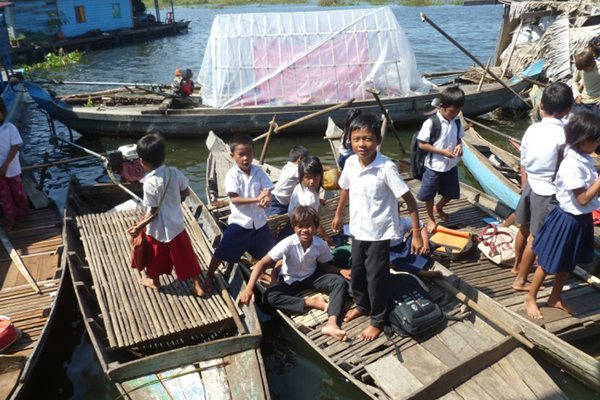
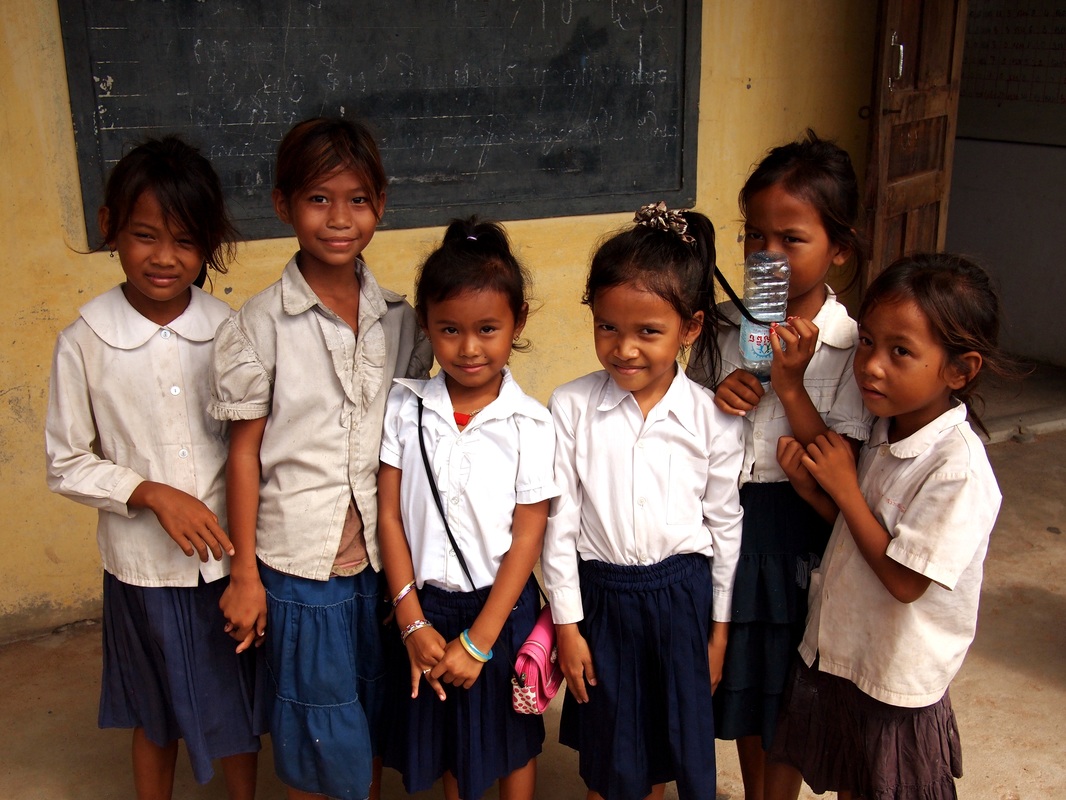
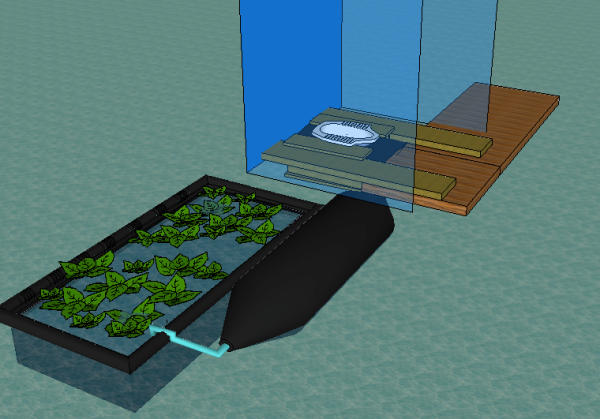
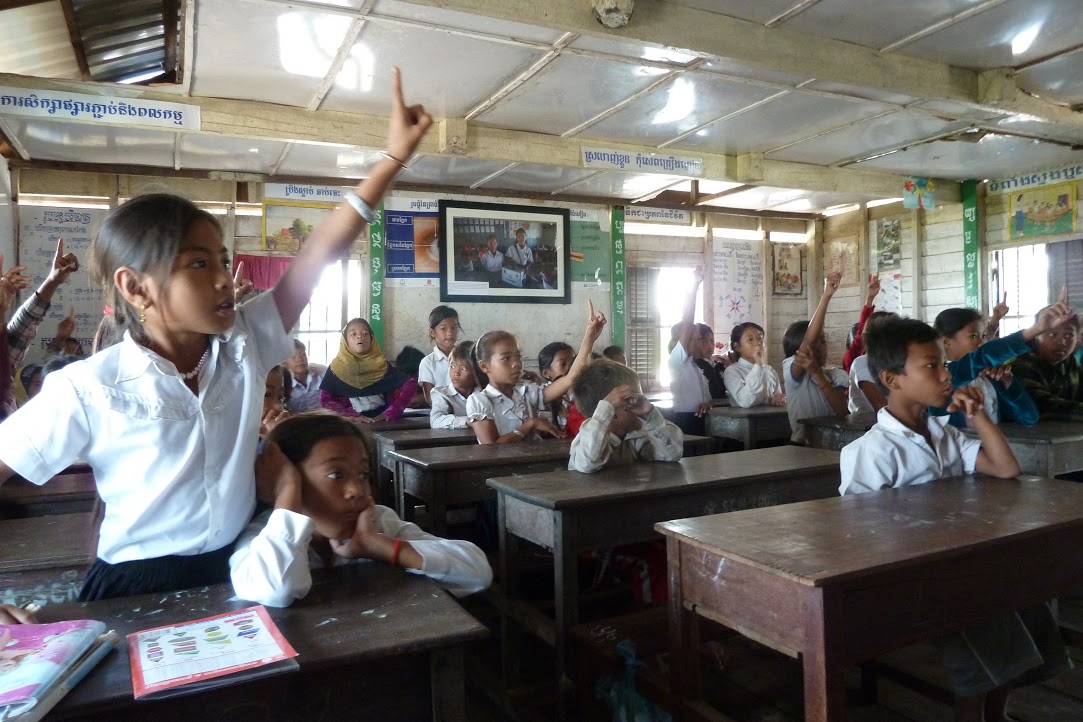
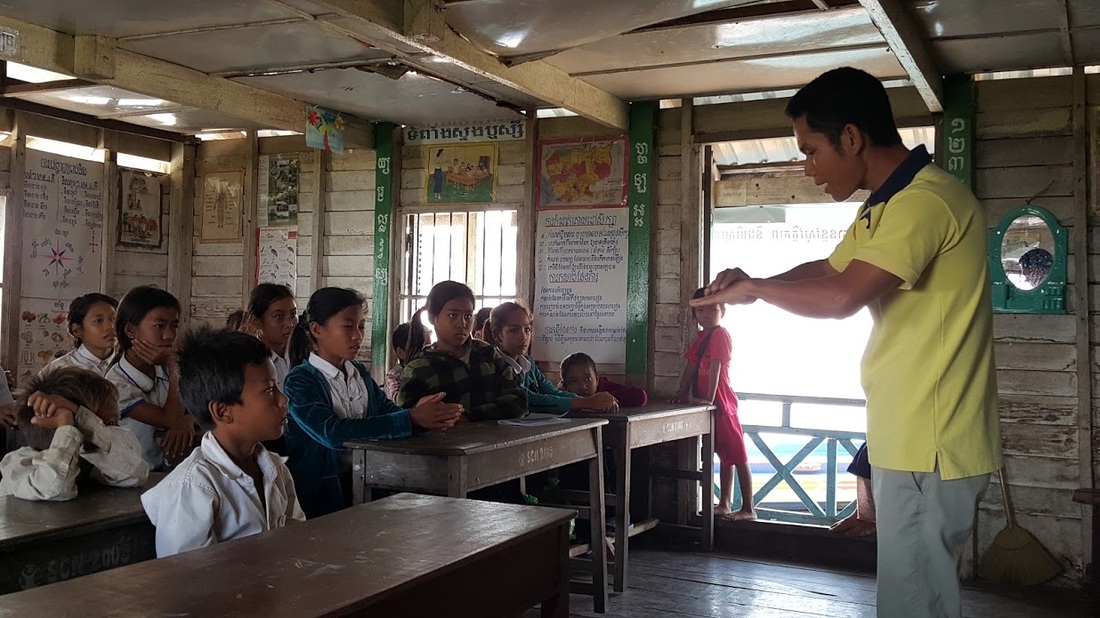

 RSS Feed
RSS Feed